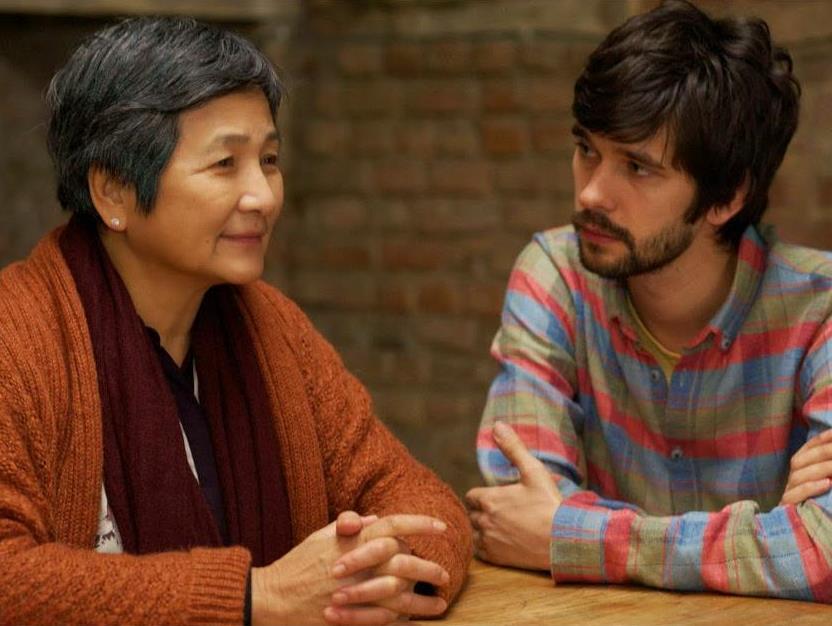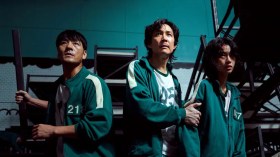Image: supplied
Lilting glides by on a cloud of grief. Mourning shades every frame of Hong Khaou’s debut feature, making its presence known immediately and visually. Graduating from shorts Waiting for Movement, Summer and Spring to his first full-length effort, the writer/director opens the film with meticulous detail of a room pieced together bit by bit, then follows with the surrounding elements that make the picture complete. It’s an approach of precision and elegance, both stately and tainted by sadness, and in tune with an outlook that dwells on the minutiae of a difficult situation.
Of course, sorrow sweeps the feature in more ways than one, Khaou perceiving the multitude of ways in which lives can be lost – even for the still living. Just as a poignant portrait is built incrementally in the array of lingering shots, emotion is also added step by step and layer by layer. What has been and what won’t be is the movie’s remit, conflicting sentiments swelling around one man and his boyfriend’s mother. He’s a lover without a paramour; she’s a woman for whom the past means more than the future; both are constrained by a multitude of topics they choose not to speak of.
United by the person whose company they can no longer share, Richard (Ben Whishaw, The Zero Theorem) and Junn (Cheng Pei Pei, Cooking for Two) are strangers cast adrift from the existence each happily knew. After Kai’s (Andrew Leung, The List) passing leaves them both alone and lonely, Richard feels compelled to connect with the elderly Cambodian-Chinese matriarch, despite the issues faced by their language, cultural and generational barriers. It’s an awkward pairing, made more so by his devoted insistence that Junn find companionship, and her inability to acknowledge the reason for Richard’s fervent interest in her wellbeing.
Though other characters waft in and out of their tentative accord, including Junn’s presumed new devotee Alan (Peter Bowles, The Bank Job), and the woman, Vann (first-timer Naomi Christie), Richard enlists to translate their conversations, Lilting works best when its focus narrows in on its pair of protagonists. Indeed, it is upon Whishaw and Pei Pei’s masterfully evocative turns, both as excellent as ever, that much of the movie rests. He wears internalised pain in the blankest of faces and the most passive of movements, while she channels confusion and hurt into a cantankerous façade. Their strained but never stilted exchanges suit storyline’s film’s communication problems perfectly, easily saying almost all it needs to say about its state of sadness in glances and gestures.
Alas, what makes Lilting so distinctive – its conjuring of a exacting mood as embodied through specific imagery and sensitive performances – also lessens the weight of the feature’s story. Narratively speaking, it is a slight movie at best, as well as once laden with unnecessary surrounding drama. Such thinness, contrivance and convenience is largely overcome by the movie’s better elements, though the audience is left with no doubts that this is the case. The heartbreak smouldering in the movie’s core remains, but so does a muddling of truly making that feeling a reality.
Rating: 3 stars out of 5
Lilting
Director: Hong Khaou
UK, 2014, 86 mins
Melbourne Queer Film Festival
March 19 – 30
Actors:
Director:
Format:
Country:
Release:





